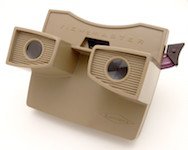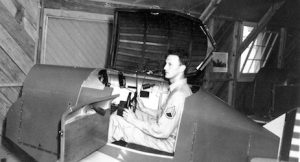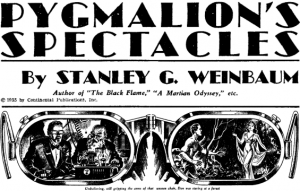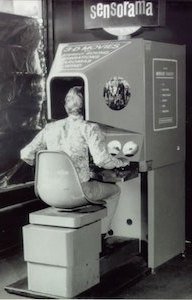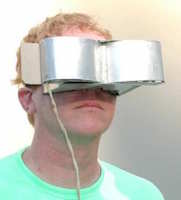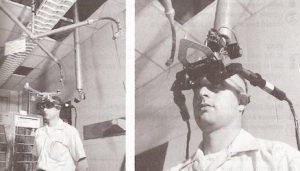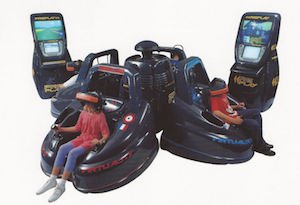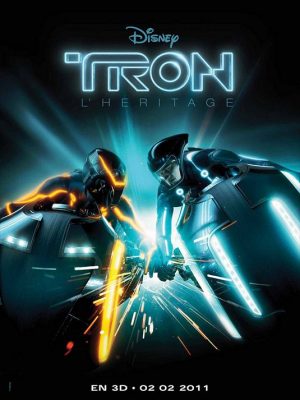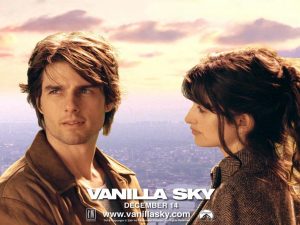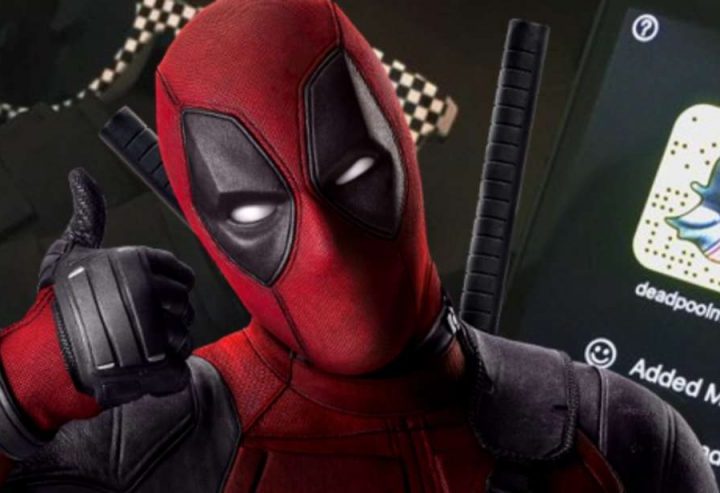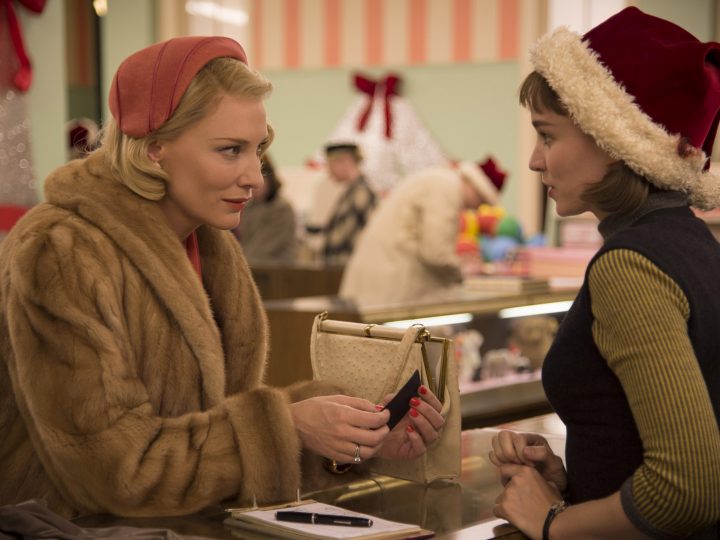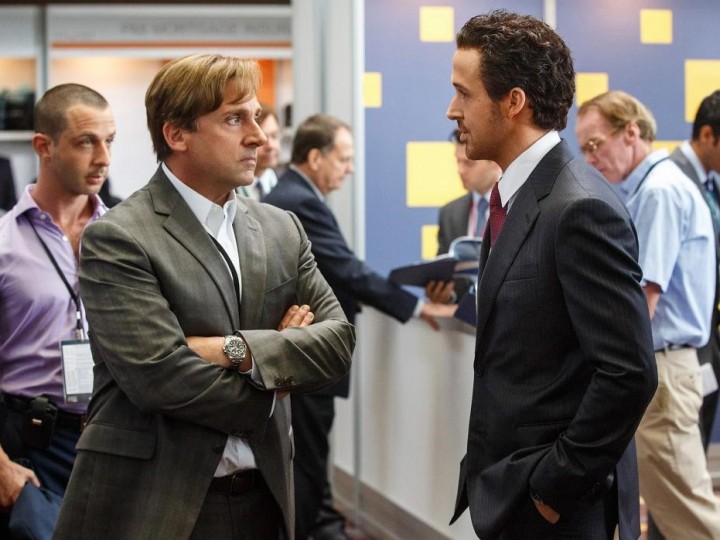Virtual reality impacts how you experience & promote content.
Major Studios like Lionsgate, Warner Brothers, Disney and 20th Century Fox have been investing massive amount of money to deliver such content. They are developing virtual reality divisions in order to incorporate this technology in the filmmaking process and marketing strategy. For example, I found in this article that last year Disney invested $65 million into a Jaunt startup (VR hardware and content).
Speaking of Disney, they recently made a special VR content for the latest Star Wars movie release. You can immediately guess my enthusiasm: Star Wars universe and innovation: it’s a super match – who never dreamed to be a true Jedi? 🙂
ILM Experience Lab (ILMxLAB) – a new division that will draw upon the talents of Lucasfilm, ILM and Skywalker Sound – made an unique content for Star Wars The Force Awakens release:
Another example with Fox. They made an exclusive VR content for The Revenant release – great movie which FINALLY made Leo got the Academy Award for Best Actor . Thanks to the 200 miles project, you can experience Glass’ trek for his survival. Pretty intense!
You quickly realize that those new VR studios are like the new R&D divisions of the movies distributors and represent their future competitive advantage. Who is going to release the quickest, the most innovative, and the most accessible VR content?
Indeed, competition implies market positioning and so marketing strategy. Virtual Reality obliges entertainment business actors to integrate this not only into the content creation itself but in all their strategy. This is how a technical revolution impacts an industry; it questions all and every aspect of the pre defined process. You have to reinvent your paradigm. And better to be the first one if you want to position yourself as a leader of this new market.
To prove my point, big companies grab this promising opportunity already. And not the least: Facebook and Google.
Facebook recently strikes strong with a viral campaign that made me think: what if Facebook could be a more obvious indirect competitor for major movie studios. Indeed, Facebook, via Oculus – VR company acquired at $2 Billion by the social network in 2014 – released an unique VR experience of an up-close-and-personal look at President Obama’s trip to Yosemite with his family over Father’s Day weekend.
The images are stunning. Behind that, I see this campaign as a way for the company to claim itself as a leader, a pioneer and globally impactful. See, in one campaign, you realize it deals with massive interest (environment protection), politics, great storytelling (Obama is so media friendly, have you seen him at Jimmy Fallon Tonight Show?), universal feelings (family legacy with Father’s Day) all through the globally popular channel Facebook (shareable on your feed via 360° video). Can you imagine how strong Facebook campaigns could influence the audience – not to say the world?
If you look a for an impactful campaign that can be spread and being massively shared, considering VR could reveal being a great asset. As Virtual Reality offers an even more “true” and “real” user experience, it’s even easier to relate to each other feelings. And that is what you are looking for when you build your marketing campaign.
Entertainment have multiple forms of content and ways to promote it also. Your storytelling boundaries automatically evolved with Virtual Reality.
Here’s an example of the use of Virtual Reality for a marketing campaign. It was done for the “MTV Video Music Awards” which was looking for “the biggest, freshest and most cutting-edge activations”. With the VR technology, music fans could be closer than ever to the live events watching a real time 360° virtual reality pre-show red carpet. The idea was to reinvent the cross-platform viewing experience and to allow fans to feel like they are here.
Can you imagine all the opportunities to build such campaigns? I can! I can already see J. J. Abrams presenting you a VIP tour of the next Star Wars set, Tom Cruise sharing his behind the scene stunt scenes comments or even being between Jennifer Lawrence, Ellen DeGeneres and Bradley Cooper when they are making their selfie at the Oscars ceremony.
What sounds really attractive with virtual reality, is that it seems easy to adopt by everybody or to share with a broad audience. When you look for connection with other people, it’s always easier to do it through an experience you shared: we both loved this book, we teamed up playing this video game, we had our first date watching this movie and so on. Virtual Reality is like making this connection process even more casual and easier. Of course, it cannot replace real life experience, but I have the strong belief it can ease things being done, being shared, being communicated. Ease the connection by wiping out the physical distance, and ease the creation by sharing even more accurately your imagination. It’s like an invitation to my world: put your glasses and see a part of my reality that you can make your own by experiencing it with your own sensations.
Virtual reality has the potential to profoundly change how you communicate things to others.


